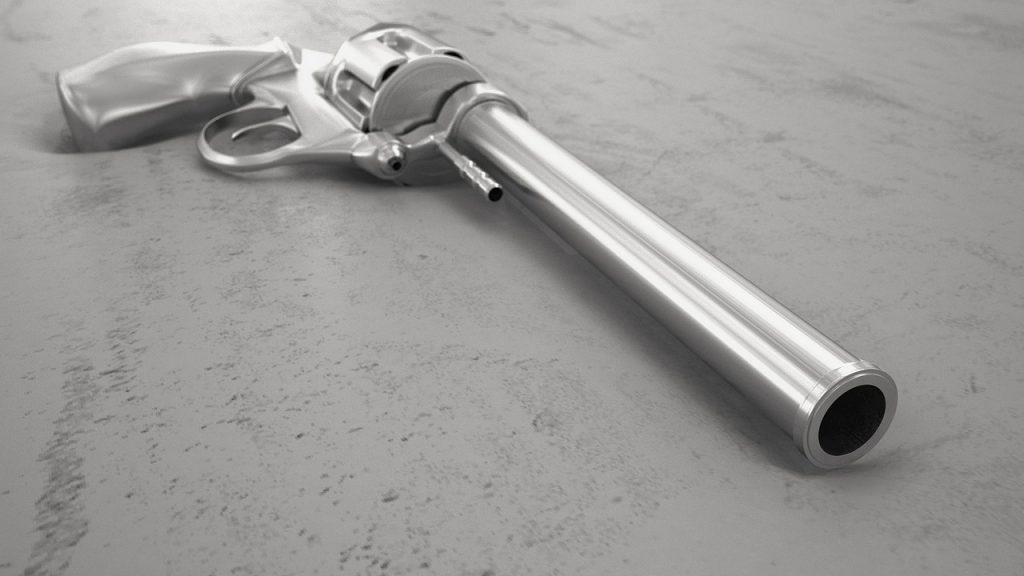Why do people buy BMWs?
Is it because it’s the “ultimate driving machine?” Is it because of the lovely interior? Is it because of the engine? The look of it? The leg space?
Ask 10 BMW owners and it’s likely they’ll each tell you something different.
But in all likelihood, chances are none of them will actually tell you the real reason they bought it.
You see, all buying decisions are made using emotions, but justified with logic. We tell ourselves that we can justify buying a brand new 760 BMW because of this and that, but most people who buy BMWs buy them because of how they make them feel.
They love showing off their luxury sedan to their friends. It makes them feel successful. It even evokes a certain amount of jealousy from some people. That’s what they’re really after: a feeling of power, of success, and even superiority.
Emotions are what drive us to do anything, especially shopping.
Think about all those infomercials you see, they are specifically designed to evoke emotions from us because they know that by triggering emotions they can get us to take action. And in their case, it’s to buy from them.
Sales letters and websites are the same way.
I was reminded of this the other day as I was going through a copywriting course. In it, the speaker (Ken McCarthy) brought up 7 triggers to use in your sales letter that are especially effective.
- Fear
- Greed
- Guilt
- Anger
- Exclusivity
- Salvation
- Flattery
Adding just one or two of these to your marketing tools (sales letters, flyers, websites, etc) and watch your business take off. Add more, and you’ll have them salivating.
Let’s take a closer look at each of them.
Fear and greed are two of the most powerful triggers because we are all driven by the desire to avoid pain and gain pleasure.
If you have ever invested in the stock market, you’re bound to have felt these. Watching our friends get rich pushes us to invest. That’s our greed glands being activated. Seeing a big part of your net worth vanish overnight (like they did back in 2008), will evoke fear.
In either case, we are driven to take action.
How are these used in marketing? Well, take health products. They talk about the dangers of eating certain foods (fear) and the benefits that their product has (greed).
Guilt is often brought up when we deal with nonprofit organizations or charities. No one wants to be seen as a miser. To make this even more effective, many organizations actually give small items away, which help activate reciprocity.
Anger is another powerful trigger. That’s why bringing up a common enemy (ie. evil corporations, unfair practices) is so effective in getting people to rally their product or service.
We all like to feel special. That’s why we buy brand goods. This is exclusivity in action. Being part of a select few (think a limited number of spots) is especially attractive the higher up you go in socio-economic status.
Patek Philippe is a famous watch maker that not many people have heard of. Their watches start at $24,000 and quickly move into the hundreds of thousands.
However, what I didn’t know is that if you want to buy the more expensive watches, officially you must first buy three cheap models. This ensures that their watches remain exclusive.
Salvation is the idea that despite how dire things may be, things can get better.
We are always worried about something; house prices, the stock market, their job, their family, their health, their pension, the list is endless. We’re always on the lookout for products or services that offer us solutions to our situation.
Finally, flattery can work wonders. Everyone likes to feel smart. And by complimenting your prospect, they feel happy and more comfortable doing business with you.
Many of these are sales 101. Next time you go into a car dealership just see how many of these are in play. You may be surprised.
These 7 triggers are nothing new, but many people aren’t actively using them in their marketing or sales which is a big mistake.
Often times, learning how to use these 7 triggers effectively can make the difference between success and failure.
Adrian Shepherd
